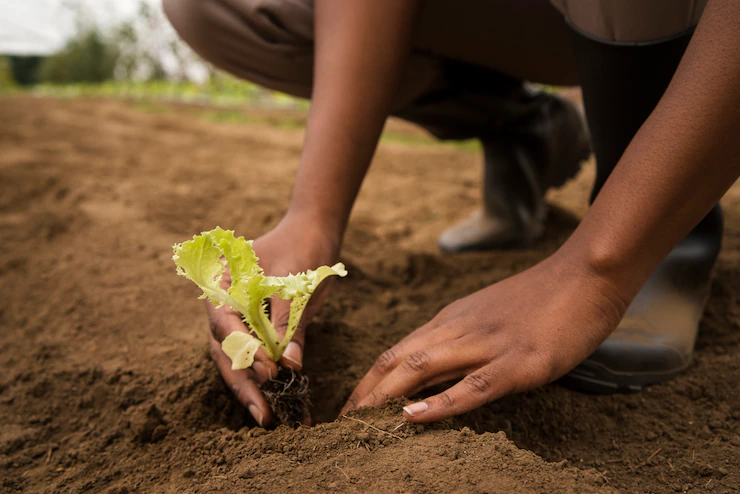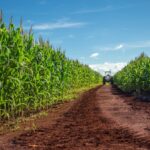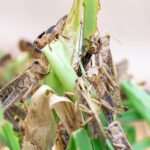Understanding soil health and fertility is essential for successful farming in South Africa, as it directly impacts crop productivity and overall agricultural sustainability. South Africa has diverse soil types across its regions, each with unique characteristics and nutrient profiles. Here are some key points to consider when it comes to soil health and fertility in South African farming:
- Soil Testing: Conducting regular soil tests is crucial to assess the nutrient status and pH level of the soil. This helps farmers make informed decisions regarding fertilizer application and soil amendments to optimize fertility.
- Soil Composition: South Africa has a wide range of soil types, including sandy soils, clay soils, and loamy soils. Each soil type has different water-holding capacity, drainage, and nutrient retention properties. Understanding the specific soil composition of your farm allows for tailored management practices.
- Organic Matter: Maintaining a healthy level of organic matter in the soil is vital for fertility. Organic matter improves soil structure, water-holding capacity, and nutrient availability. Practices such as cover cropping, crop rotation, and the addition of compost or manure can enhance organic matter content.
- Nutrient Management: Applying the right balance of nutrients is crucial for optimal crop growth. South African soils often have nutrient deficiencies, such as nitrogen, phosphorus, and potassium. Based on soil tests, farmers can apply fertilizers or organic amendments to address these deficiencies while avoiding overuse.
- Irrigation and Water Management: Proper water management is critical, especially in regions with limited water resources. South Africa experiences varying rainfall patterns across different regions. Implementing efficient irrigation systems, such as drip irrigation, and managing irrigation schedules can prevent water stress and maintain soil moisture levels.
- Soil Erosion Control: In some parts of South Africa, soil erosion can be a significant issue. Implementing erosion control measures, such as contour plowing, terracing, and cover cropping, helps prevent soil loss and maintain soil structure.
- Crop Rotation and Diversity: Rotating crops and incorporating diverse plant species help reduce pest and disease pressure while enhancing soil fertility. Certain crops, such as legumes, can fix atmospheric nitrogen, improving soil nitrogen levels for subsequent crops.
- Conservation Agriculture: Embracing conservation agriculture practices, such as minimum tillage or no-till farming, can help preserve soil structure, reduce erosion, and improve soil health and fertility over the long term.
- Soil pH Management: Different crops have specific pH requirements for optimal growth. Adjusting soil pH through lime application or acidifying agents can create a favorable environment for crops and maximize nutrient availability.
- Continuous Monitoring: Regularly monitoring soil health indicators, crop performance, and yield data allows farmers to adapt their management practices and make informed decisions to improve soil health and fertility.
It’s important for farmers to work closely with agricultural extension services, soil scientists, and agronomists to develop personalized soil management strategies tailored to their specific farming operations and local soil conditions in South Africa.
Join 'Farmers Mag' WhatsApp Channel
Get the latest Farming news and tips delivered straight to your WhatsApp
CLICK HERE TO JOIN






